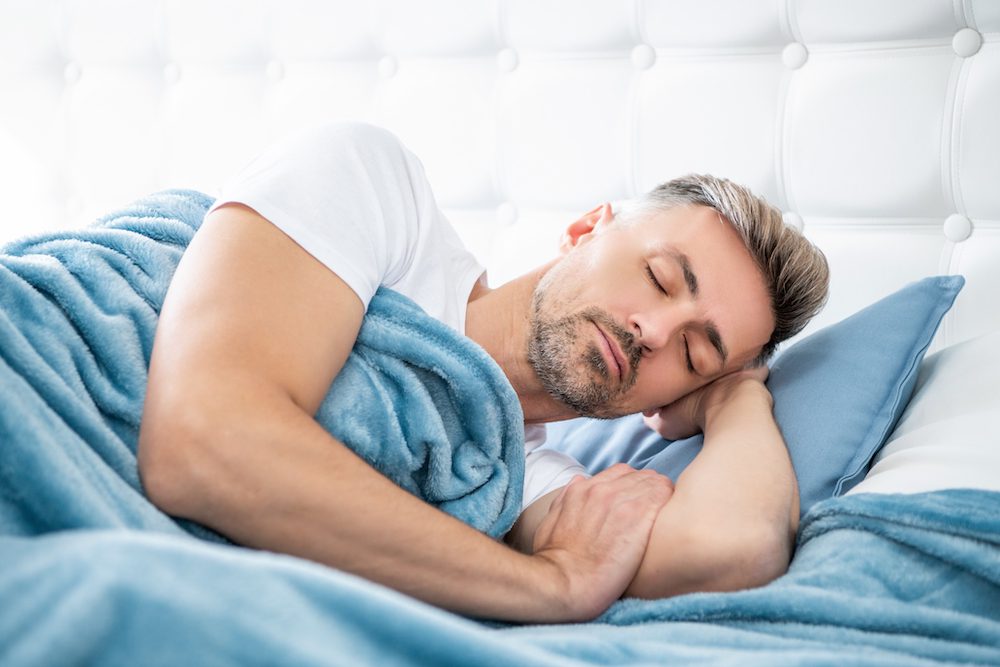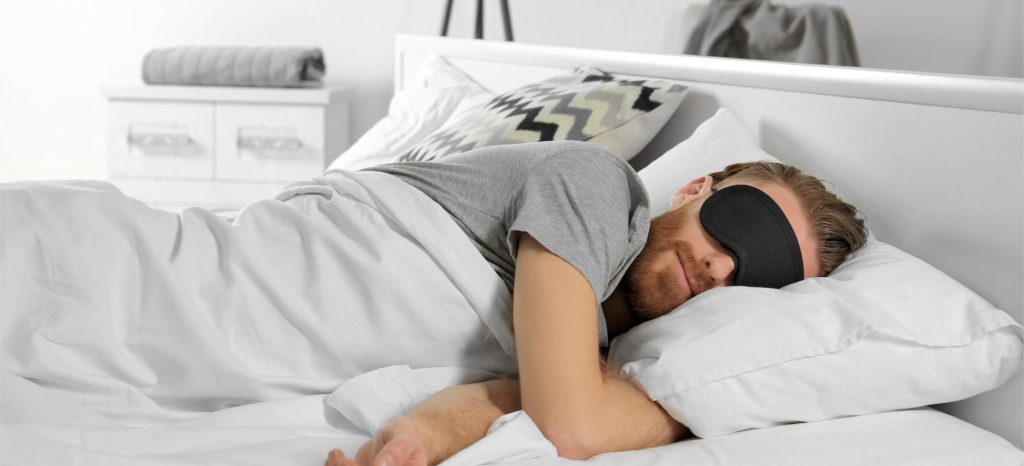Oversleeping is when a person sleeps longer than expected. Sleeping longer than expected may be normal, as some people naturally require more sleep to feel well-rested. For others though, oversleeping may be caused by underlying factors affecting their typical sleep patterns.
Oversleeping is a normal response to an increased need for sleep, which can happen after several nights of poor quality rest, when a person is sick, or after mentally or physically demanding activities. But for people who consistently oversleep and don’t wake up feeling rested, an undiagnosed health issue or sleep disorder may be to blame.
Key Takeaways
- Oversleeping is when you sleep more than your body needs, which can harm your health.
- Health risks include obesity, diabetes, heart disease, and cognitive problems.
- Finding the right amount of sleep and maintaining a consistent sleep schedule can help prevent the negative effects of oversleeping.
- If oversleeping may be due to a health condition or medication, discuss your concerns with your doctor.
What Is Oversleeping?
Oversleeping involves spending more time in bed than the recommended number of hours. Experts provide general recommendations on how much sleep people need based on their age.
| Age Group | Age Range | Recommended Hours of Sleep |
|---|---|---|
| Teenagers | 13-18 years | 8-10 hours |
| Young adults | 18-25 years | 7-9 hours |
| Adults | 26-64 years | 7-9 hours |
| Older Adults | Over 65 years | 7-8 hours |
Beyond these recommendations, there are other individual factors that can determine how much sleep a person needs each night, including their age, health, and recent sleep habits.
Genetics can also contribute to how long a person sleeps and some people are naturally long sleepers, needing more sleep than recommended to feel fully rested.
What Are Causes of Oversleeping?
There are many reasons why someone may oversleep. Unlike people who naturally sleep longer, those who oversleep beyond what is typical for them may be making up for lost or low quality sleep or may be showing signs of an undiagnosed health condition.
Certain sleep disorders are linked to oversleeping. These include obstructive sleep apnea and circadian rhythm disorders. Frequently oversleeping for over three months and waking up without feeling rested may also be a sign of hypersomnia, a sleep disorder linked to excessive tiredness and oversleeping.
Hypersomnia can also be caused by medical conditions, including:
- Head injury
- Stroke
- Certain autoimmune disorders
- Parkinson’s disease
- Depression
- Bipolar disorder
- Seasonal affective disorder
Medications and other substances that may cause hypersomnia include:
- Opioids
- Certain antidepressants
- Alcohol
- Cannabis
- Withdrawal from stimulants
Effects of Oversleeping
It’s normal to oversleep after sleep loss, when ill, or after a busy or demanding day. People who oversleep when their body needs to may experience no negative effects.
In some studies, people who oversleep report similar symptoms to those who don’t get enough sleep, including excessive sleepiness, headaches, and difficulty focusing on daily tasks or activities.
Research has found that sleeping longer than expected is associated with certain medical conditions, like obesity, cardiovascular disease, and type 2 diabetes. Experts caution though, that this research does not mean that oversleeping causes these conditions.
How to Stop Oversleeping
In order to stop oversleeping, it may be helpful to start by considering the potential cause. If you’re sick or only have an occasional need for extra sleep, you may want to give your body the rest it needs.
If you’re unsure of the cause of oversleeping or you find yourself oversleeping regularly, contact your doctor for support. Your doctor can discuss your symptoms and medical history, and may recommend tests and a sleep diary, where you can document your daily habits and sleeping patterns.
Practicing healthy sleep habits may also reduce tiredness and sleep loss, which may help prevent oversleeping. Examples of healthy sleep habits include:
- Setting a Regular Sleep and Wake Time: Establishing a sleep schedule can help your body get into a routine to make your sleep more consistent.
- Avoiding Alcohol: Alcohol is a sedative and can disrupt sleeping patterns.
- Limiting Use of Electronics Before Bed: Electronics emit a blue light that can disrupt your internal clock and make it difficult to keep a regular sleep time.
- Exercising Regularly but Not Too Close to Bedtime: Exercise has been shown to improve the quality of sleep, but exercising too close to bedtime may make it harder to fall or stay asleep.
- Getting Light Exposure During the Daytime: Exposing yourself to light throughout the day before you sleep can help regulate your body’s internal clock and promote sleep.
If oversleeping is tied to a health condition or medications that are causing excessive tiredness, your doctor can help determine how to best treat the underlying cause.
Frequently Asked Questions About Oversleeping
Certain people simply require more sleep than others to feel fully rested. While oversleeping is not harmful for these individuals, those who oversleep more than what is typical for them may experience daytime effects such as headaches.
While research has found an association between oversleeping and certain health conditions, there is not enough evidence to conclude whether oversleeping is the cause of these conditions.
A person who finds that oversleeping is impacting their ability to function in their day to day life can speak to their doctor about assessing the underlying causes of oversleeping and managing any daytime symptoms.
Some people who oversleep may report tiredness despite sleeping longer or taking frequent naps. If you regularly feel tired despite getting enough sleep each night, it’s important to talk to a doctor.
There are a number of reasons why you might oversleep. Some people are genetically predisposed to need more sleep to feel well-rested. Others may experience temporary periods of oversleeping due to illness or after a mentally or physically taxing week. Certain health conditions can also cause symptoms of excessive tiredness and lead to oversleeping.
References
Ask the Sleep Doctor
Have questions about sleep? Submit them here! We use your questions to help us decide topics for future articles, videos, and newsletters. We try to answer as many questions as possible. You can also send us an email. Please note, we cannot provide specific medical advice, and always recommend you contact your doctor for any medical matters.








